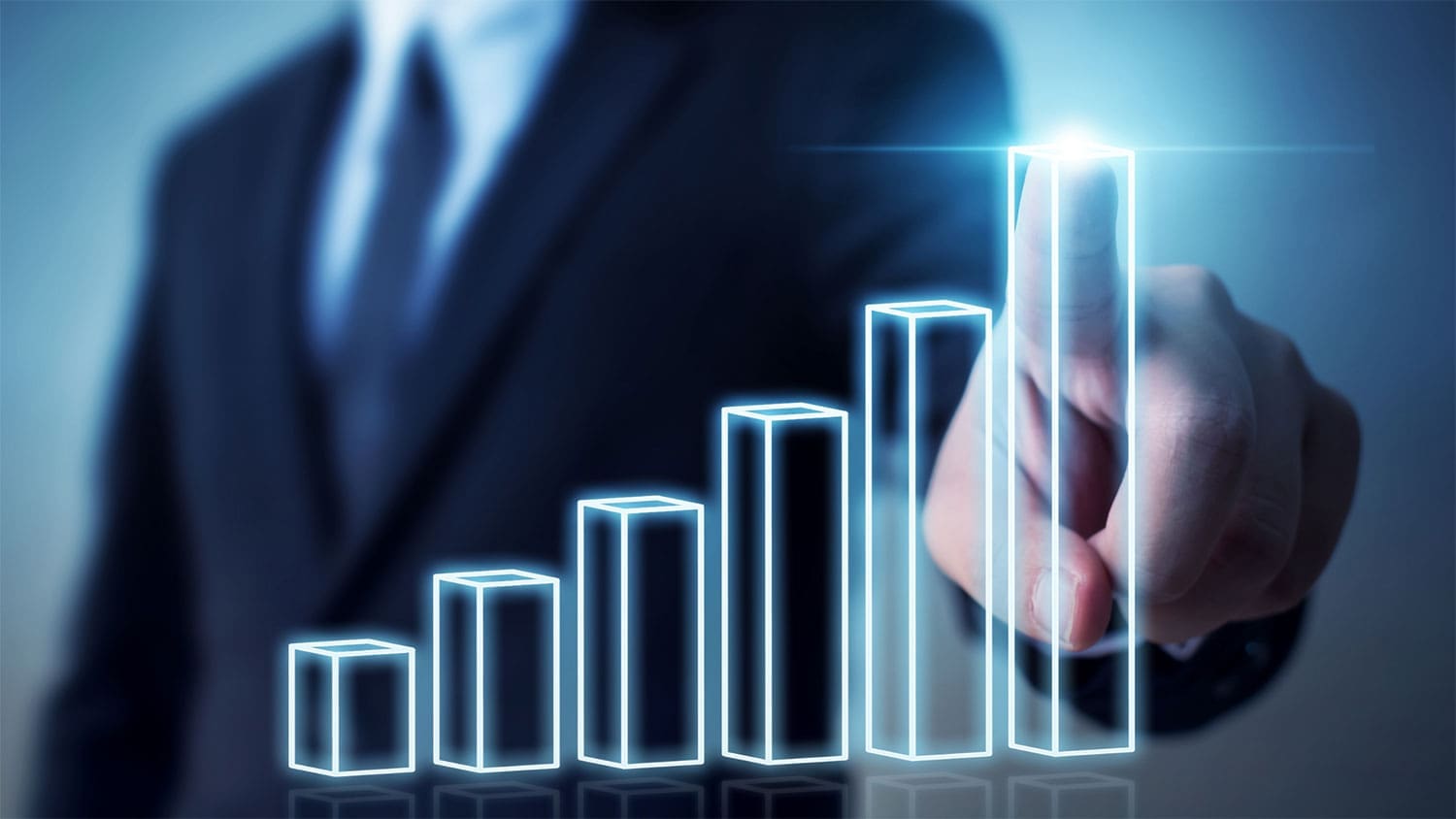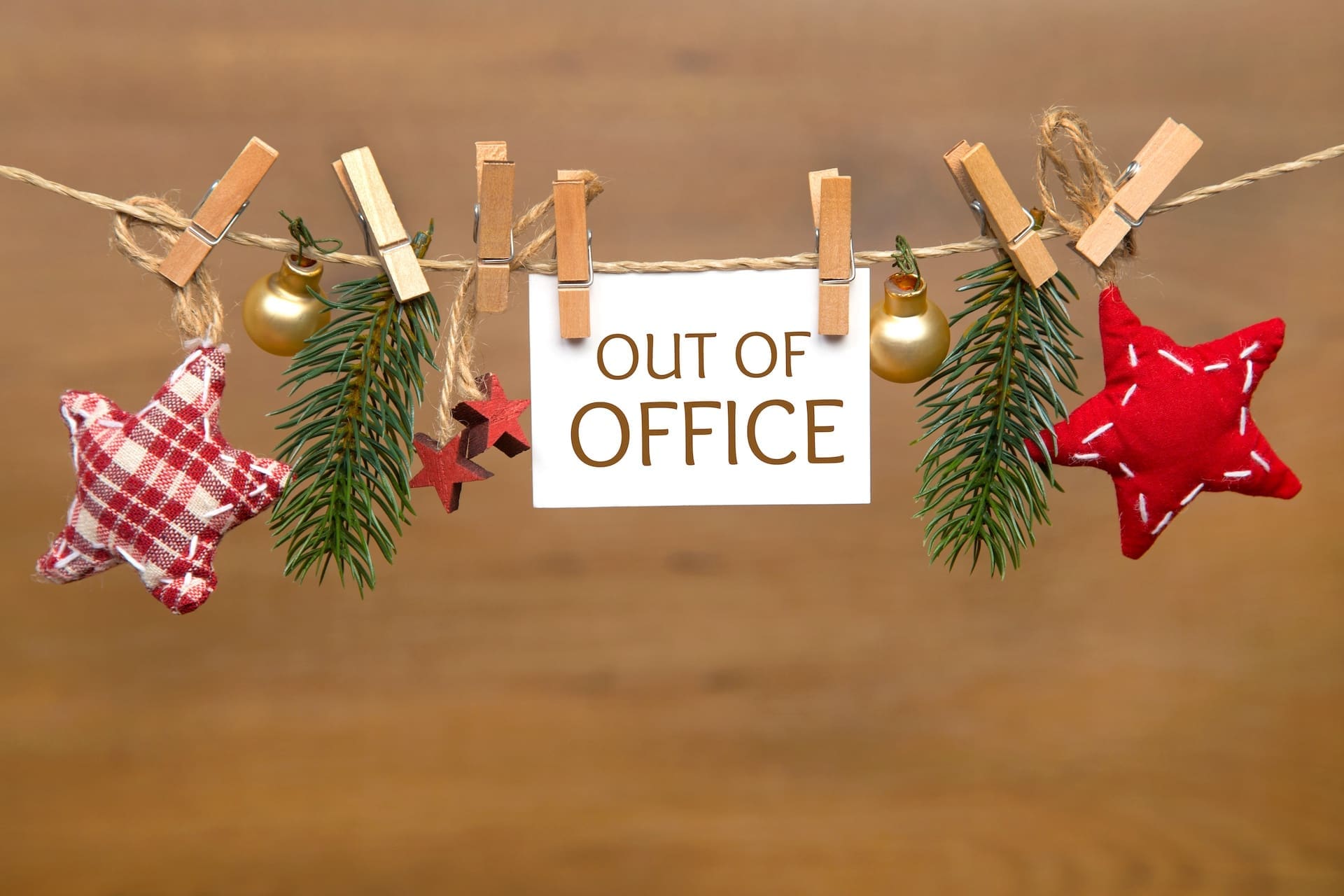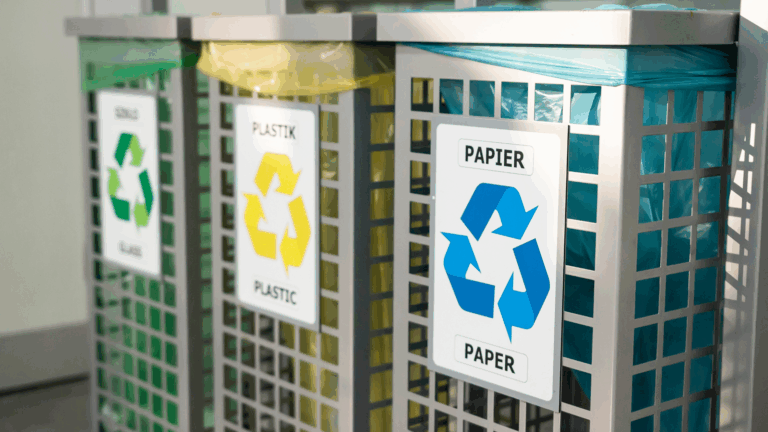
Historically, businesses have seen waste as something to be discarded and removed from the premises as quickly and cheaply as possible. But what if we told you that not all waste is as rubbish as it seems? What if we told you that it could be a cash generator?
There’s no doubt that waste management is perceived as one of those necessary evils of running any organisation. Like any utility or business overhead, waste disposal comes at a cost. However, if you take the time to look more closely at your waste, you may find that it has more potential than you’d think.
Rethinking waste: turning an expense into an opportunity
Traditionally, waste has been treated as something to get rid of. But with the rise of the circular economy and sustainability-led operations, many businesses have now identified that waste materials hold more value than they may have previously thought – whether it’s in the form of raw materials, energy potential or even resale revenue.
The key is to stop seeing waste as rubbish and start seeing it as a resource that can be valued and utilised.

What types of waste can generate revenue?
Not all waste ends up in landfill – and nor should it. In fact, some of it can bring in value directly or indirectly into your business. Here are just some of the products, packaging and business items that don’t need to find their way into landfill:
- Recyclables like cardboard, plastics, paper, and metals can often be sold to recycling processors.
- Food waste can be diverted to anaerobic digestion facilities to create energy, with rebates or incentives available. Alternatively, food waste can be repurposed for compost.
- Used oil and grease from kitchens or workshops can be collected, refined, and sold as biofuel.
- WEEE (Waste Electrical and Electronics Equipment) often contains precious metals like copper and gold, which can be recovered. Batteries from electronic products should also be separated from general waste.
- Construction and demolition waste, including metal, timber, and concrete, can be reused or sold on to reclamation firms.
With the right setup, these materials don’t just cost less to dispose of—they can even earn you money back.
Finding value in your waste streams
So, now that you’ve identified that not all waste needs to be thrown away as rubbish, how do you build a clearer picture of where revenue can be generated from used goods and materials?
Well, the first step is to conduct a waste audit. This means logging what you are currently discarding and in what volumes. From there you can explore alternative opportunities to reuse, recycle or repurpose those materials.
Once you’ve audited your consumption, the next step is to ensure that your business separates materials properly. After all, it’s not possible to generate revenue from materials if they are mixed in with others that could cause contamination.
Another top tip is to track your waste data and identify some of the materials that you want to get rid of but have a rising market value.
Finally, if you are working with a waste management services provider worth their salt, discuss with them how they can help you to not only contribute to a circular economy but also profit from those materials you no longer need.
Here are some real-world examples of how effective waste management can turn a profit:
- A food manufacturer sells by-product grains to local farmers for animal feed.
- A chain of cafés works with an anaerobic digestion provider to turn food and drink scraps into biogas – earning sustainability credits in return.
- An electronics retailer sells defective or returned items to refurbishment specialists rather than disposing of them.
- A construction firm reuses offcuts and scraps from one job on the next, reducing both costs and waste.
Beyond the revenue: here are some added benefits if you aren’t yet convinced
Even where direct profit isn’t possible, repurposing your waste can deliver:
- Lower disposal costs through reduced general waste volumes.
- Improved environmental credentials – great for ESG reporting and tenders.
- Stronger stakeholder trust – consumers and investors are backing circular businesses.
- Better resilience through smarter resource use and reduced reliance on raw materials.
Whether you’re a café chain, a manufacturer, a builder, or a tech firm, at Everflow we can help you put your waste to work. Get your waste management quote today.

Contact Everflow today!
At Everflow, our goal is to make your utilities simpler. We ensure you get great-value contracts that are tailored to your needs and easy to manage.


